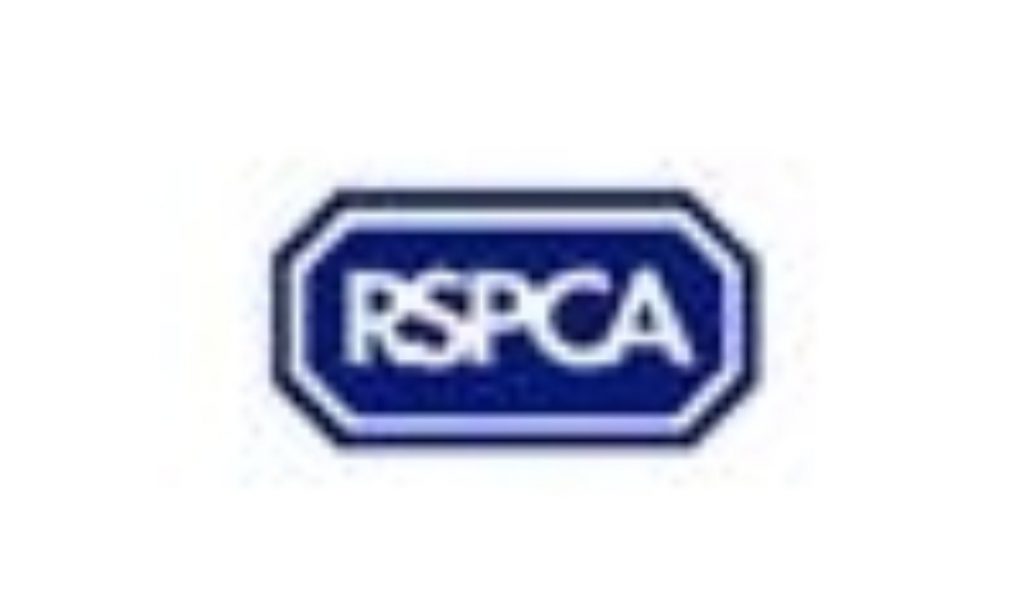RSPCA: The Truth about Turkeys
The Truth About Turkeys
– think about what’s on your plate this Christmas urges Freedom Food –
More Freedom Food labelled turkeys than ever before will be available this Christmas as consumers step up demand for higher welfare products.
However the RSPCA’s Freedom Food scheme still thinks people don’t know enough about what they are eating and is asking consumers to find out more about what’s on their plate this Christmas.
The number of turkeys reared under Freedom Food – to the RSPCA’s higher welfare standards – has more than doubled from 146,000 in 2004, to 312,000 this year.
This news follows the Co-op Bank’s latest report which revealed ethical household spending has almost doubled in the past five years – with food and drink leading the way with a 17 per cent growth.
But despite the impressive increase in Freedom Food labelled turkey, most of the 17 million turkeys reared in the UK are still being reared to welfare standards that the RSPCA finds unacceptable.
Leigh Grant, chief executive of Freedom Food, said: “The RSPCA has real concerns about the way in which the majority of turkeys in the UK are reared. The industry’s standards simply aren’t good enough and we would like to see all turkeys farmed to the RSPCA’s higher welfare standards.
“We are delighted that more Freedom Food labelled turkey is now available but there is still a long way to go. We want consumers to make the effort to find out the truth about the lives of turkeys. There is so much people don’t know – not just about how they are farmed but also how fascinating they are (see end of release for turkey facts).
“We believe that turkey welfare can really be improved if people make the effort to find out more about what they put on their plate this Christmas, and show they care by only choosing higher welfare birds like Freedom Food.”
In response to these concerns – and the high number of turkeys and other poultry, meat, salmon, eggs and dairy products purchased in the festive season – Freedom Food has today launched a Christmas campaign giving key facts about animal welfare and urging people to choose festive food carrying its logo.
Campaign activity includes:
· A new festive microsite – www.lookforthelogo.co.uk – with information on the RSPCA’s welfare standards, where to buy Freedom Food labelled products and fun farm animal Christmas e-cards plus much more.
· Online advertising – including a brand new turkey ad – on popular websites including: Orange, Hotmail, Zylom and Virgin.
Freedom Food turkeys:
Freedom Food turkeys are given much more space to move around than most turkeys and are reared according to the RSPCA’s higher welfare standards – which go beyond baseline industry requirements in many key welfare areas.
RSPCA welfare standards include the following requirements:
· Stocking density: A maximum stocking density of 25kg per square metre which is typically twice the amount of space per bird than that provided by the turkey industry’s own standards (Quality British Turkey). This extra space gives the birds more room to move around and express natural behaviour, such as stretching and spreading their wings. Providing more room to exercise can also help improve the health and welfare of the birds by, for example, reducing problems such as lameness.
· Enriched environment: Producers must provide environmental enrichment such as straw bales, pecking objects and perches, which encourages natural behaviour, promotes good leg strength and can also help reduce lameness. The industry standards make no requirement for environmental enrichment.
· Freedom Food assessment: All Freedom Food approved turkey farms are subject to rigorous annual assessments by Freedom Food assessors to ensure that welfare standards are being met. Traceability checks are also carried out on Freedom Food labelled products, where an assessor will pick the product off the supermarket shelf and trace it back to the farm it came from.
Freedom Food labelled indoor-reared, fresh, whole turkeys and crowns are available in Co-op stores nationwide this Christmas (as featured in Co-op’s latest TV ad).
Did you know?
· Turkeys have good hearing but no external ears.
· Turkeys can see in colour and have a wide field of vision of about 270° (humans have just a 90° field of vision).
· Domesticated turkeys cannot fly, however wild turkeys can fly for short distances at speeds of up to 55 miles per hour.
· The turkey was first roasted on 27 June 1570 at the wedding feast of King Charles Xi of France.
· The average weight of a wild turkey is about 7.5kgs. However through selective breeding, a standard male domesticated turkey can weigh as much as 25 kilogrammes (approximately the weight of a small Labrador).
For all media enquiries and photography please contact Rebecca Ralph in the Freedom Food press office on 0300 123 0450 or 0300 123 0244/0288.
(-ends-)
RSPCA, Wilberforce Way, Southwater, Horsham, West Sussex RH13 9RS Press office direct lines: 0300 123 0244/0288 Fax: 0303 123 0099 Duty press officer (evenings and weekends) Tel 0870 0555500 and ask for pager number 828825
Email: press@rspca.org.uk Website: www.rspca.org.uk





-01.png)